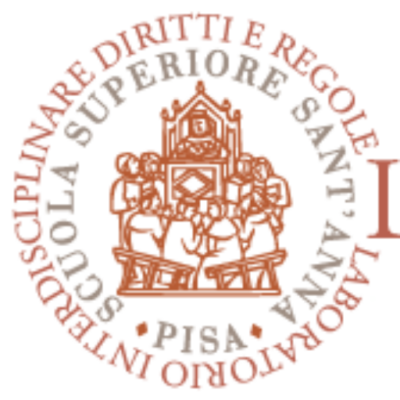Intellectual Property
The research area on intellectual property promotes the study and critical analysis of the fields of copyright law and industrial property (e.g., patents, trademarks, trade secrets, geographical indications), with particular regards to the processes of legal harmonization at EU level and regulatory adaptation to the digital revolution and technological innovation. The research activities carried out by the team range from contributions to the theoretical and doctrinal discussions, to consultancy and expert opinions for public institutions and policymakers, to the proactive participation to the debate on national and EU reforms, up to activities of public engagement aimed at raising the awareness and promoting the involvement and training of the main stakeholders (i.e., consumers/end-users, vulnerable groups thereof, creative industries, authors and performers, cultural institutions such as galleries, libraries, archives, and museums, innovation hubs, SMEs, intermediaries and digital platforms).
Moreover, the research team carries out comparative studies on the processes of legal innovation occurring in different legal cultures and traditions across Europe and beyond. Distinctive features of such research endeavors are the marked multi-disciplinarity of the research questions and methodological approaches embraced, and the close attention being paid to explore fruitful collaborations between different areas of expertise. The main objective is to suggest policies, thus supporting regulatory key players, as well as identify and promote best practices for the benefit of national and supranational actors and stakeholders, at this moment in history when the social, economic, and cultural relevance of the analyzed aspects and issues is, more than ever, pivotal in the evolution of the democratic society.
ONGOING PROJECTS AND ACTIVITIES
Ongoing research activities focus on four main thematic pillars:
European copyright law – H2020 RIA reCreating Europe – The main focus of the research area is the study of European copyright law, its legislative and jurisprudential innovations, and the balancing exercise between the protection, on the one side, of individual and industrial creativity, and, on the other, of the access to knowledge, fundamental rights, derivative works and re-use culture. Against this backdrop, since January 2020, Prof. Caterina Sganga has been coordinating the project and European consortium “H2020 RIA reCreating Europe Rethinking digital copyright law for a culturally diverse, creative, accessible Europe”, financed by the European Commisson for the period 2020-2022 with a budget amounting to 3.089.000 euro.
Open Access, Open Science & Open Education – More recently, the research team has inaugurated a new focus on legal problems regarding open access, open science and open education within the contexts of educational activities, e-learning, and scientific research. Particular attention is devoted to core aspects related to the protection and management of intellectual property rights, as well as personal and non-personal data. Some of the projects relating to this focus are carried out in collaboration with the Ethos research team: it is the case, for instance, of the recent “Study about the impact of European and national regulations on data policies related to research”, stemming from a collaboration with the Karlsruhe Institute of Technology (KIT) and conducted under the auspices of the H2020 project EOSC Pillars.
Law, economics, and new frontiers of intellectual property – The evolution of intellectual property laws is intertwined with the rise of new theories and practices related to the rights granted. The research team is committed to the critical study and sound policy analysis of innovative, non-traditional, and alternative regulatory solutions, from “IP negative spaces” to user-centric theories up to re-conceptualizations of the role of intermediaries in the digital environment. This thematic focus has been developed thanks to a consolidated collaboration with experts on the economics and management of intellectual property rights.
Regulation of digital platforms – The research team focuses on the evolution of the digital intermediation and on selected phenomena regarding, among others, the collaborative and sharing economy, the private ordering regulation of digital services and platforms, and online content moderation, thus contributing to the analysis of related legislative and judicial responses, and to the lively policy debate accompanying the numerous proposals and reform processes in the sector.


